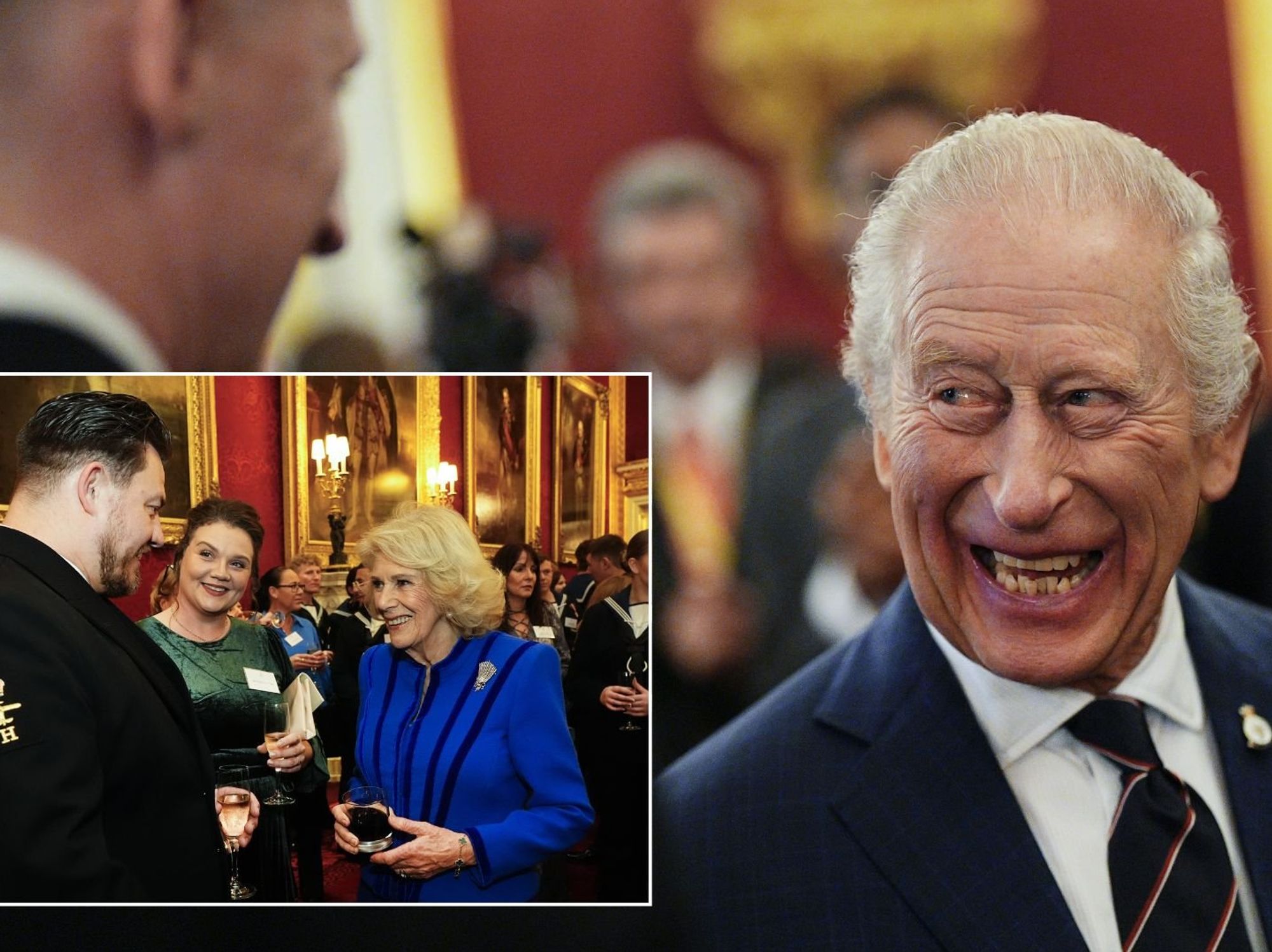Alex Phillips: We need to talk about China

By Alex Phillips
Published: 08/09/2021
- 16:19Updated: 08/09/2021
- 16:49'It's not just Covid-19 that has left grave speculation about whether the Chinese Communist Party is a good faith actor.'
Don't Miss
Most Read
When news broke globally of the emergence of a new virus in China, we were quick to be steered towards the likelihood of a zoonotic mutation emerging from a wet market in Wuhan, an entirely organic outbreak that was going to bring the next inevitable pandemic - it was but a matter of time, experts had said.
But rumours followed fast behind.
The major virology lab in Wuhan, just by the wet market, had been running experiments with a strain of coronavirus native to bats. Yet we were not told whether it was transmissible between humans, or indeed, who patient zero was, and when.
Strange videos emerged of people collapsing in streets. The municipality of Wuhan started locking people inside, even welding doors closed in apartment blocks.
It was too late.
The virus had already been transported to every corner of the globe via regular flights, still leaving China.
The World Health Organisation prescribed lockdowns as the only cure. Investigations teams were held up trying to find the cause of the outbreak by a prickly Beijing. Misinformation began to spread. Experts in epidemiology spoke of the gain of function adaptations to the virus with all the hallmarks of being man-made.
Today, we still don’t know what caused the biggest global pandemic in history resulting in over four million deaths and counting.
As countries ground to a halt and economies shrunk, China, with its ability to churn out anything from face masks to ventilator parts from its heavily industrialised megacities, was able to provide almost every product imaginable at a click of a button for far less than most international rivals, saw it’s trade boom.
With all the signposts of the perfect conspiracy theory, the world looked to Beijing for answers but has been left with even more questions.
But it's not just Covid-19 that has left grave speculation about whether the Chinese Communist Party is a good faith actor.
The list of other seemingly agenda-driven machinations and suspicious activities is exhaustive. Satellite images showing huge labour camps in Xinjiang where Kazakhs and Uighurs are allegedly sent, the savage quashing of pro-democracy protests in Hong Kong, bloody battles in Kashmir against India with reports of sinister military vehicles, microwaving troops, ominous naval exercises off the coast of Taiwan and a global network of infrastructure development, particularly in the developing world, tied to extortive repayment regimes that see strategically vital chunks of territory signed over to Beijing when bills cannot be paid.
Involvement in the most sensitive projects, even here, from nuclear power to communications networks and weaponry.
For every speculative query about the intentions of the CCP, a network of sharp tongued Beijing choreographed ambassadors ready to pounce with wolf warrior diplomacy.
Is it simply that China has managed to expand so rapidly to become one of the world’s most formidable manufacturing power houses as the West sinks into decline that is causing political leaders around the world to become quite disconcerted by Beijing’s leverage - or should we be worried by the sheer scale of Chinese influence penetrating right to the heart of some of our most critical institutions, from political and academic capture to investment and subsidy of vital and often highly classified projects.
The litany of case studies is eye watering, at home and abroad. China’s de facto control of high profile infrastructure projects from ports in Sri Lanka and Kenya, to motorway bridges in Montenegro where the debt amounts to one fifth of the country's GDP, has left concerns that vulnerable states can now be gobbled up to effectively become Chinese colonies.
From Barbados to Italy to Kenya to Nigeria to Pakistan, almost every country in the world will have the footprint of state backed Chinese subsidiaries while Beijing also buys up global debt. While China’s role in global trade is politically polarising, it is this hidden fiscal reliance that means the amount of financial sway Beijing now has is obscure, but alarming, amounting to an estimated 5% of all global GDP.
Almost all of the lending comes from government controlled entities and totals around $1.5 trillion in debt to 150 countries, making China the world’s largest official creditor, bigger than the world bank, IMF and all OECD creditor governments combined.But perhaps it’s too late.
How any country can now stand up to the might of China when so many governments, economies, universities, industries, businesses and supranational organizations are so inextricably bound to Beijing.
Should we be scared? Or is the often deemed predatory mercantilism of Beijing’s Belt and Road Initiative simply a progressive force for good, stepping in to boost development while America and Europe have been caught napping.











